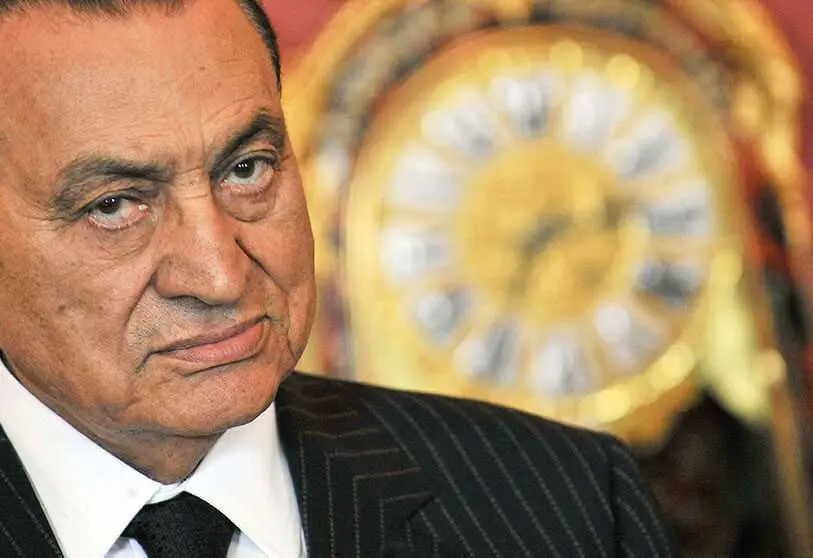The last pharaohs

Hosni Mubarak is dead. He was 91 years old. He died a free man, who did not hesitate to give orders to shoot unarmed citizens to maintain his reign, which he intended to leave to his son Jamal. For the record, some 846 protesters fell in Tahrir and other parts of Egypt under his orders. Apart from these hundreds of deaths for which he had no explanation, he and his family are blamed for the embezzlement of EUR 10 million.
The one who risked being sentenced to life imprisonment was released while his successor Morsi, the president and (democratically elected) Muslim brother, died in prison and in martyrdom according to his followers.
“The lion died tonight,” says the song. Yes, Mubarak is the king of a jungle he created and where the law of the strongest reigned. And even when he was behind bars, the old Raïss (president), imposed respect.
Mubarak was given a state funeral. This funeral is symptomatic of the political situation in Egypt. Because if his body has disappeared forever, its mark still weighs heavily on Egypt, which ruled without division for 30 years. This is the longest reign of the Egyptian Republic.
He was called the Pharaoh because his power was not questioned until this wave of freedom and renewal blew over the Arab countries and was fatal for him.
Although the man has disappeared, the system he established is still in place, anchored and maintained. It is clear that democracy has not yet found its place in Egypt. And Al-Sissi is a continuation of the system of his predecessor and is no exception to the rule. Today, the press is under close surveillance, all information is strictly controlled. If it is difficult for any journalist or blogger to criticise those responsible or attack the system on pain of going to prison, fiction has taken over. In Egypt, literature is increasingly being used to dissect the system that is crushing the most disadvantaged sections of society with all its might. Wing al-Aswany is the visible leader of this. Through his works, the famous author has not ceased to criticize the excesses of power. The writer and member of the Kifaya movement (literally: enough is enough), reveals an Egypt corrupted by a system whose complexity reveals ancient roots and a spiral from which practically no one can escape. But Ala al-Aswany, who lived in Egypt under Mubarak, is now forced into exile under Al-Sisi!
So what has really changed in Egypt since Mubarak's departure, apart from the assassination of the Muslim Brothers in a staging orchestrated by the army?
When the news of Mubarak's death was announced, social networks went up in flames. Among those who repent and those who desperately try to remember the authoritarianism of his regime. Egypt seems caught between amnesia and the Stockholm syndrome.
“Under Al-Sisi we are even poorer than before,” say some Egyptians. This phrase has become a leitmotif in recent days at the slightest mention of the unglorious past of the ancient Raïs.
It is true that in spite of all the positive signs of the Egyptian macro-economy that are not presumed, the socio-economic situation of the country is only getting worse and the Egyptian pound is devaluing.
Despite GDP growth and an estimated growth rate of 5.5 in 2021, the Egyptian economy is becoming increasingly impoverished in the face of rampant inflation, and the country continues to evolve at two speeds, bringing with it the promise of a better future.

